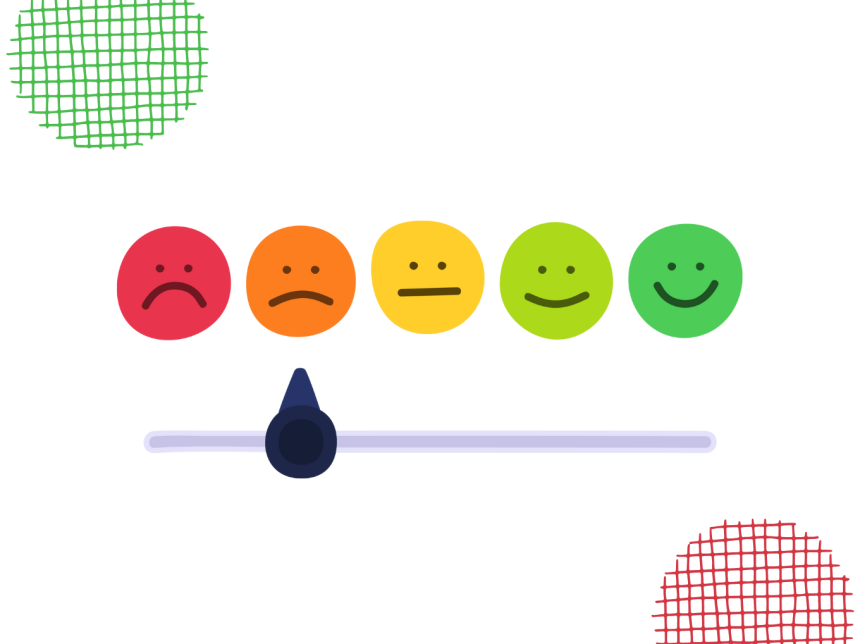
Memory and Recall Processes
Memory is a complex mental process that enables individuals to store past experiences, process this information, and recall it when needed. It plays a critical role both in the construction of personal identity and in the functioning of daily life. The nature of memory, how it operates, and the processes of recall are among the most important areas of research in psychology.
Memory is generally examined in three main stages: encoding, storage, and retrieval. Encoding is the process through which information is initially recorded into memory. At this stage, sensory information is transformed into a meaningful format and processed for storage. For example, when learning a new phone number, repeating and grouping the digits are part of the encoding process. This process can vary depending on an individual’s attention, motivation, and existing cognitive strategies.
Storage is the stage where the encoded information is held in memory. Memory storage capacity is divided into short-term and long-term memory. Short-term memory temporarily holds information and allows it to be actively processed. For instance, holding a phone number in short-term memory requires immediate recall. Long-term memory, on the other hand, is where information is stored permanently and can be retrieved when needed. Long-term memory has a large capacity and can retain information for years.
Retrieval is the process through which stored information in memory is recalled. This process can vary depending on several factors. Recall can be facilitated by external cues and context. For example, a person may remember childhood memories triggered by a specific smell or music. The retrieval process is also influenced by internal factors such as emotional state and motivation.
Memory is also categorized into various types. Explicit memory and implicit memory are among the primary types. Explicit memory includes information that is consciously recalled and expressed. This type of memory is divided into two subcategories: episodic and semantic memory. Episodic memory contains personal experiences, while semantic memory involves general knowledge and concepts. For example, the memory of riding a bike for the first time belongs to episodic memory, whereas knowing how to ride a bike belongs to semantic memory.
Implicit memory, on the other hand, involves information that is not consciously recalled but still influences behavior and skills. For instance, a person’s ability to ride a bike is part of implicit memory. This type of memory typically includes automated behaviors such as motor skills and habits.
Recall processes are supported by various cognitive and neurological mechanisms. Brain regions such as the hippocampus, amygdala, and prefrontal cortex play critical roles in memory and recall. The hippocampus is especially important for encoding new information and storing episodic memories. The amygdala is involved in processing and storing emotional memories, while the prefrontal cortex is responsible for retrieving and organizing information.
Memory and recall processes can be affected by various factors. Age, stress, trauma, and illnesses can negatively influence how memory functions. For example, with aging, individuals may experience decreased ability to learn and recall new information. Stress and trauma can disrupt memory processes and make recall more difficult. Neurodegenerative diseases such as Alzheimer’s can severely impair memory function and lead to memory loss.
Memory also plays a significant role in the formation of identity and self-concept. Recalling past experiences helps individuals define who they are and recognize meaningful events in their lives. Memory is a fundamental component in the construction of personal history and a sense of identity. Therefore, individuals experiencing memory loss may also suffer losses in their sense of identity and self.
Memory and recall processes are complex and multidimensional mechanisms at the core of human experience. Memory consists of encoding, storage, and retrieval stages, and includes various types such as explicit and implicit memory. Different regions of the brain play critical roles in memory and recall, and these processes are supported by various cognitive and neurological mechanisms. Memory enables individuals to store and recall past experiences, which plays an important role in the formation of their identity and sense of self. For this reason, understanding memory and recall processes is of critical importance in comprehending how the human mind functions.





